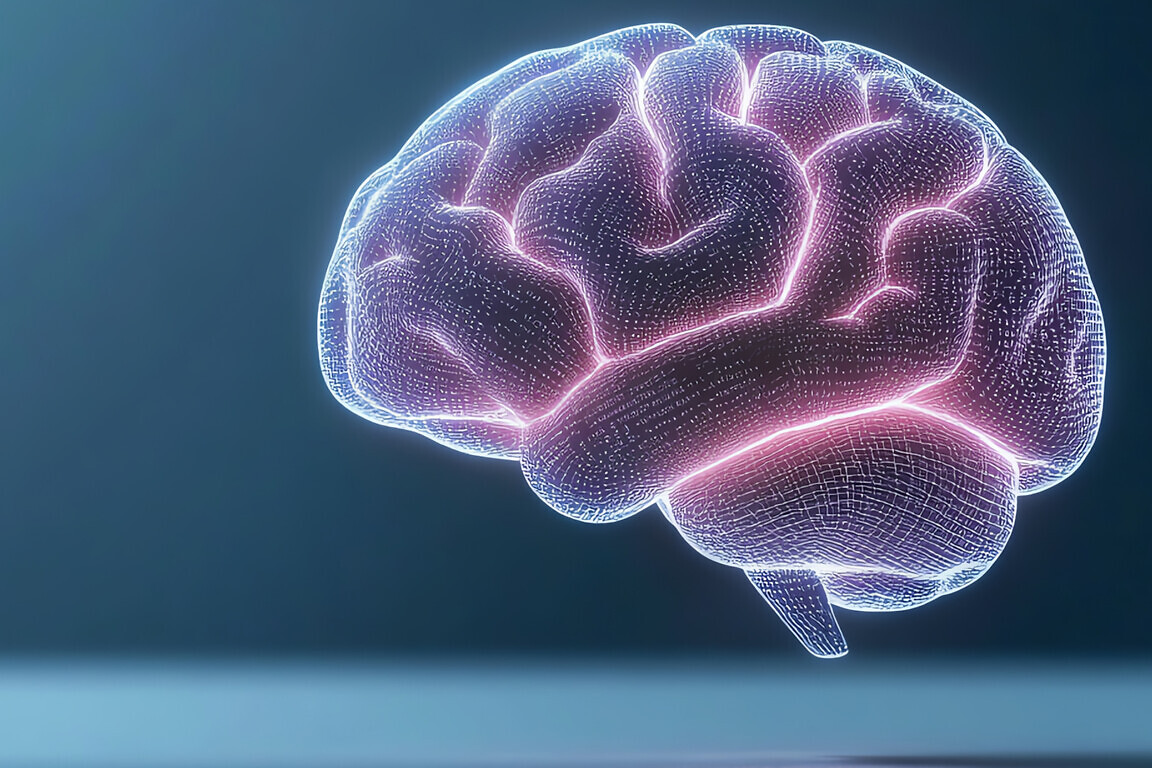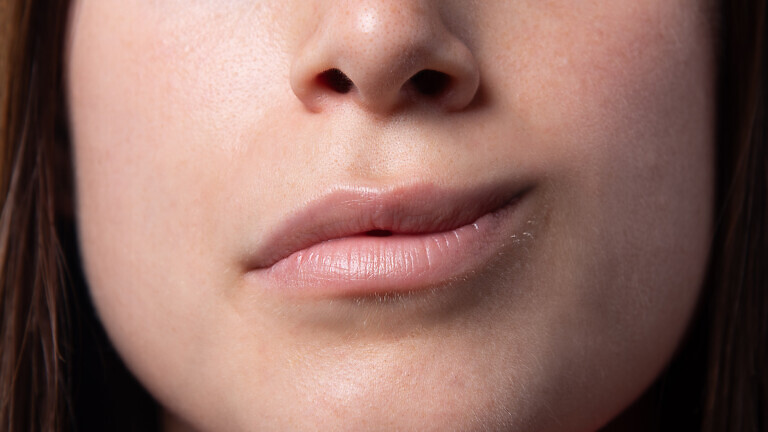Backed with £50 million, the Medical Research Council Centre of Research Excellence will use neural dynamics to develop novel interventions.
A new Medical Research Council Centre of Research Excellence (MRC CoRE) plans to develop brain stimulation devices to treat conditions such as Parkinson’s, dementia, stroke and childhood epilepsy.
It will receive up to £50 million over the next 14 years and will be led by researchers at the University of Oxford, Cardiff University, Great Ormond Street Hospital for Children, Imperial College London and Newcastle University.
The centre team will study how neural dynamics arise in health and are disturbed in brain disorders. It will exploit knowledge of neural dynamics as they develop novel interventions and technology – ranging from brain implants to non-invasive and wearable devices – that could improve how the brain and body function.
“Medical devices delivering brain stimulation can target disturbed neural dynamics with high precision and accuracy. But their advantages for therapy have not been fully realised because the link between neural dynamics and the clinical use of devices is often weak or missing,” said Peter Magill, director of the new centre.
Harnessing neural dynamics
The centre will initially focus on developing device-based approaches that harness neural dynamics to improve symptom relief and quality of life for people with brain conditions affecting movement, memory and sleep. In the longer term, the team aims to use devices to reorganise brain circuits and slow down clinical progression, for example by taking advantage of mechanisms that govern the strength of connections between nerve cells. The researchers will study neural dynamics in mouse models, with computational modelling, and using human data, integrating these activities with device hardware and software development.
The MRC CoRE will work with clinical teams, research charities, regulatory agencies, and the neurotechnology industry, including UK-based Amber Therapeutics, which last year supported a first-in-human trial of an implanted brain stimulation device to reduce seizures in a child with epilepsy.
Capitalising on the firm’s experience, the centre team aims to progress from discovery research to experimental medicine and first-in-human trials, paving the way for commercialisation and healthcare system adoption of new therapies.
“By sharing expertise and resources with stakeholders across the UK’s research and innovation ecosystem, we can collectively accelerate progress and meet user needs with safe, effective and economical solutions,” said Timothy Denison, who is part of the new centre’s leadership team.



